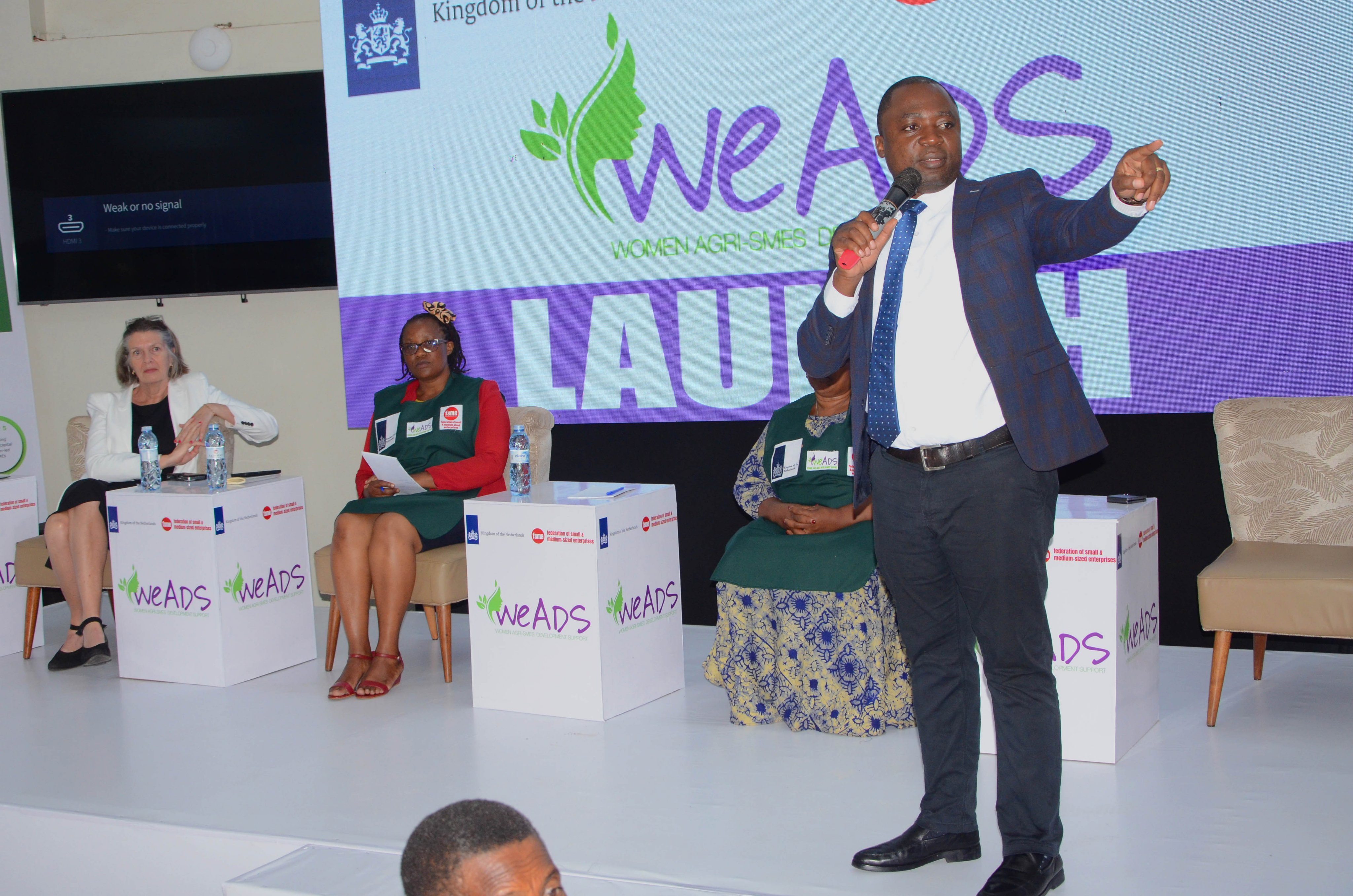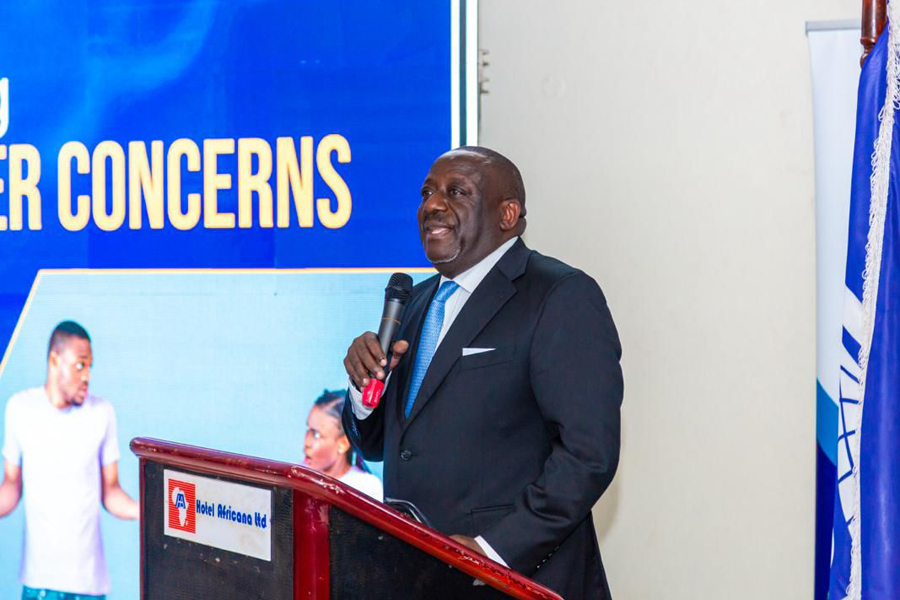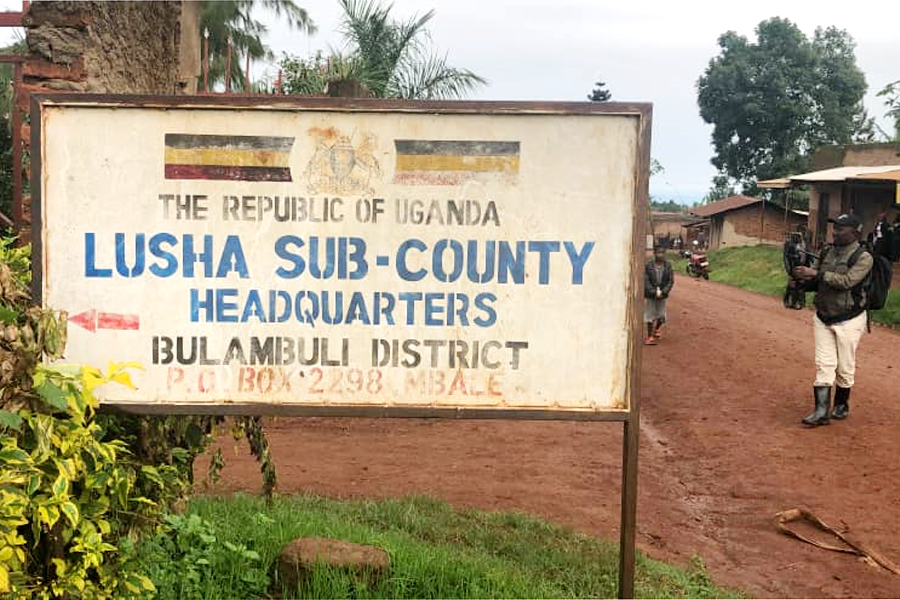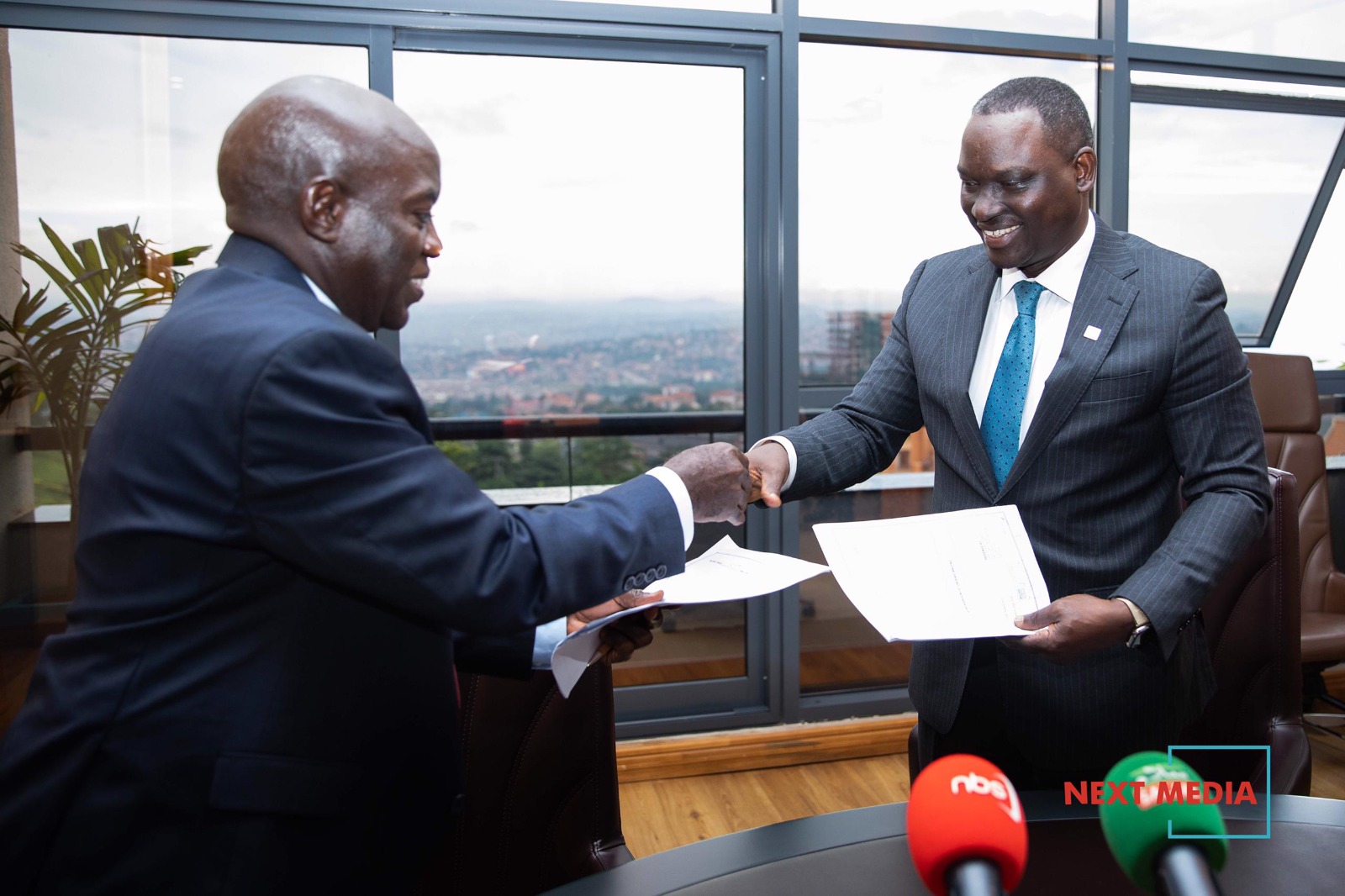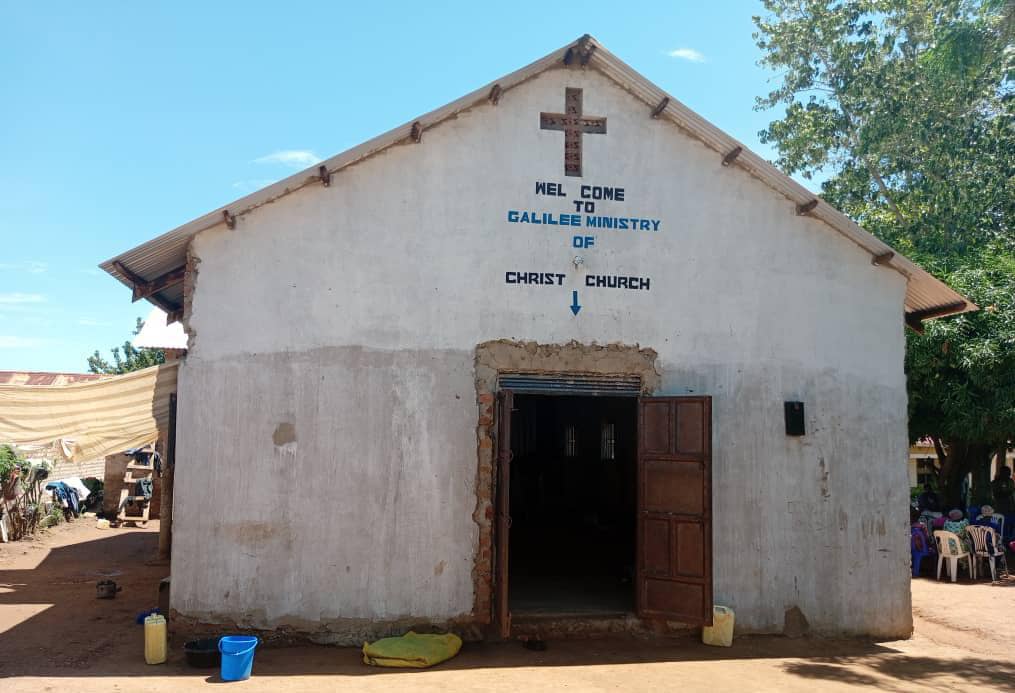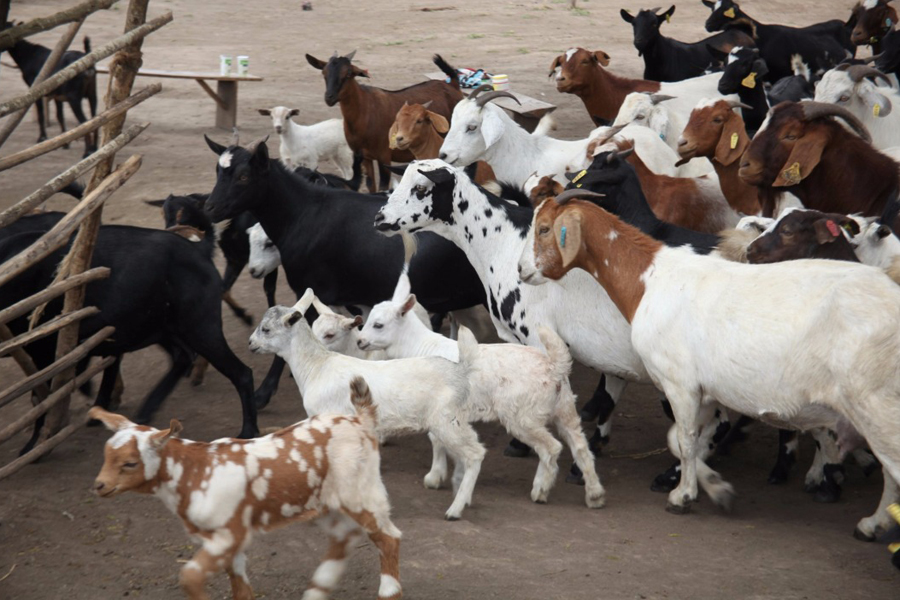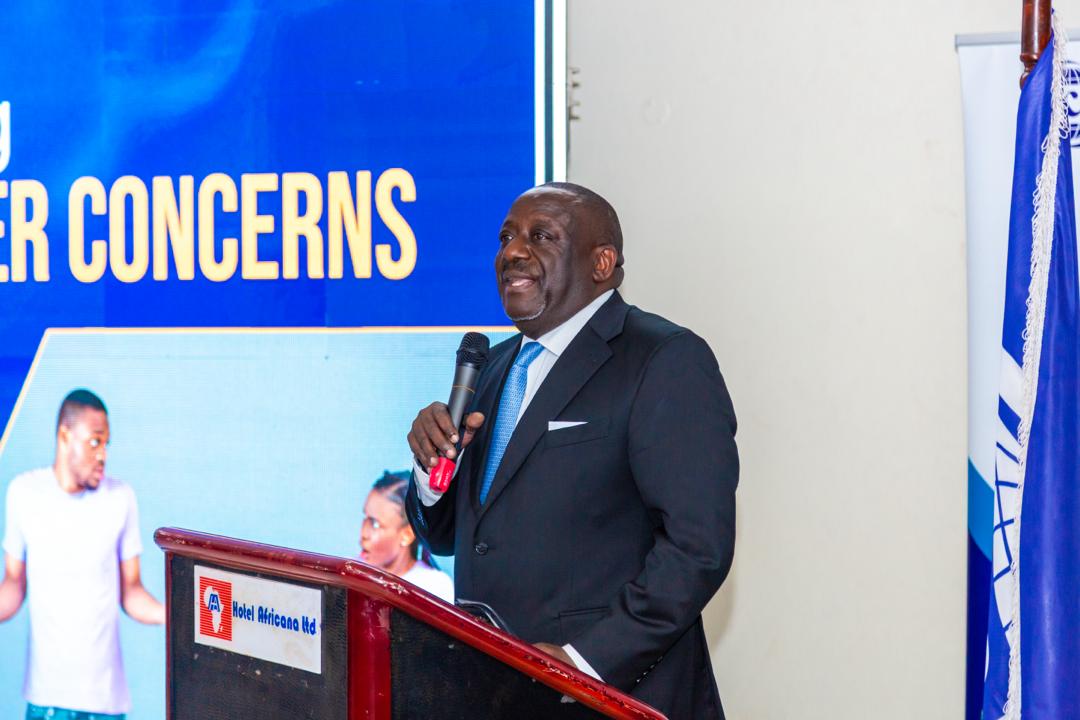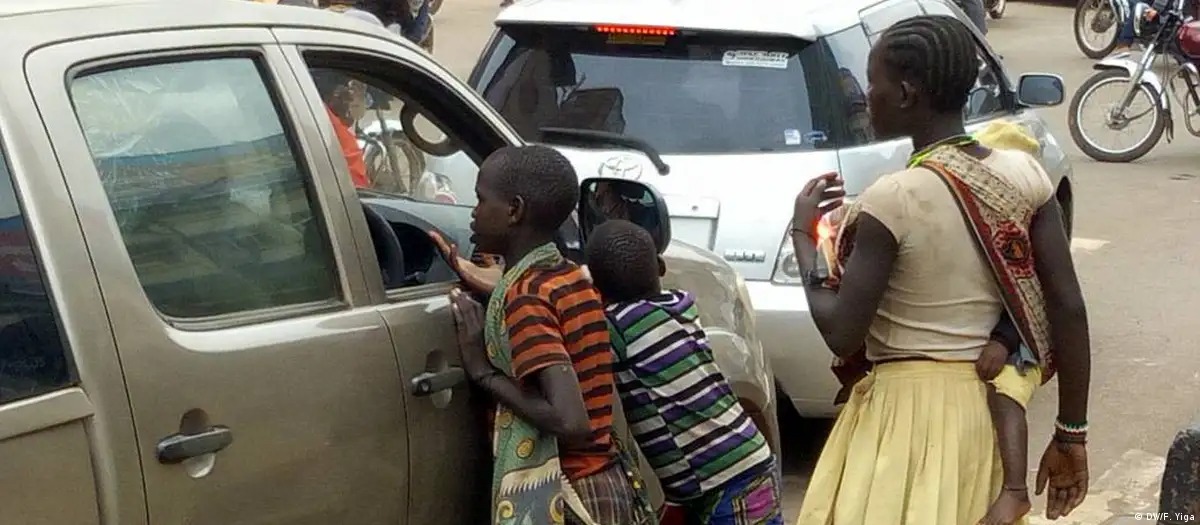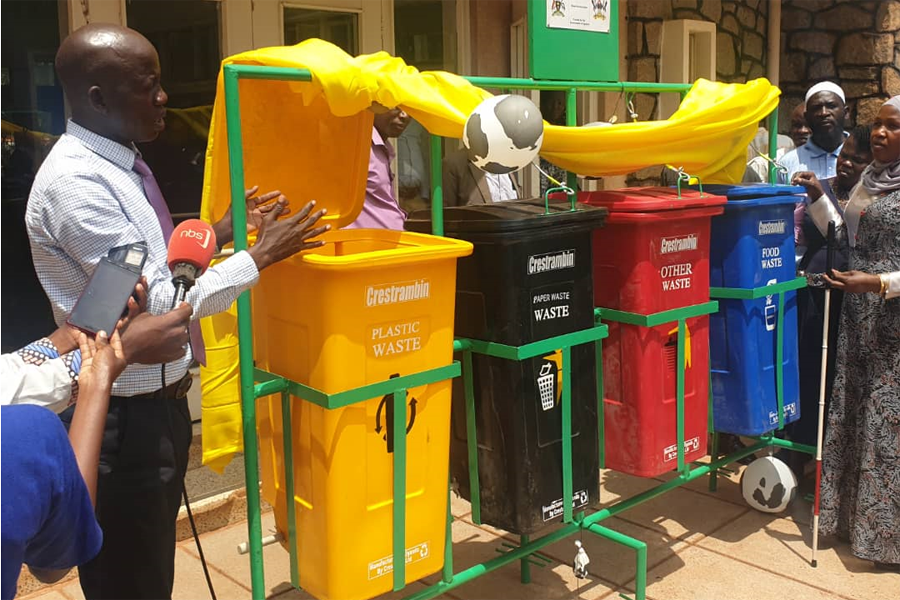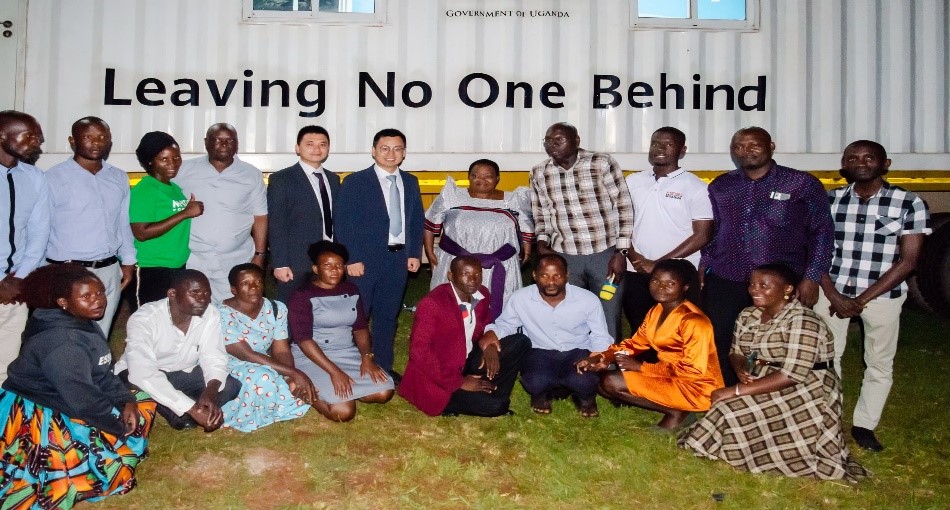Opinion: Restoration of kingdoms was a mistake Ugandans are paying for
An opinion by Reuben Baingana
Among the many political challenges the post-colonial state of Uganda inherited from the British imperialists is the position of Buganda in an independent Uganda.
This came with different land tenure systems created by the 1900 Buganda agreement and the 1901 Ankole and Toro agreements respectively. There was the question of the lost counties of Bugangaizi and Buyaga annexed to Buganda by the British from Bunyoro as a sign of appreciation for collaboration. Suspicion among different the Ugandan states that negotiated the 1962 independence constitution at Lancaster house in London. Unresolved was the different systems of government of federal, semi federal and unitary all provided for by the same constitution. All this laid the basis for the political turmoil and constitutional crisis Uganda faced after independence, and the effects are still felt to this day.
This makes the meeting between President Yoweri Museveni and the Kabaka of Buganda Ronald Mutebi II last week at his palace at Banda all the more significant. At the meeting President Museveni made a number of promises like returning all of Buganda's land titles and paying the kingdom it's rent arrears to the tune of six billion shillings.
The Bunyoro, Buganda, northern Uganda questions will, however, never be resolved by just a meeting between concerned traditional leaders and the head of state without involving other stakeholders in project Uganda. Those reading too much from the meeting of the two leaders should revisit our political history to know the origin of the love hate relationship between Mengo and the central government.
Traditional institutions were abolished by the 1967 Republican Constitution under the Milton Obote 1 government and a number of properties confiscated including land, and buildings from the major four kingdoms of Buganda, Bunyoro Toro and Ankole. This forms the basis of what Buganda has been demanding since its restoration in 1993 by the NRM political opportunists. 9000 square , miles of land, buildings including Mutesa house in London, and a return to a federal system of government that it enjoyed at the expense of other states in the independence constitution, which the oligarchy at Mengo have termed as “ebyaffe”.
The clash between Buganda and the central government under the colonial administration towards independence was in 1953 when Kabaka Frederick Mutesa II rejected the proposal by the British colonialists to merge Buganda and Kenya to form the East African federation.
The kabaka saw this as an attempt to grab land as the Kenyans had lost fertile Kenyan highlands to the white settlers.
Kabaka Mutesa was deported to London by Andrew Cohen, a British commissioner and returned to Uganda in 1955 and the subsequent signing of the 1955 Namirembe agreement.
No sooner had Uganda gained independence in 1962 than there was another confrontation between Mengo and the central government. The President of Uganda, who was also the Kabaka of Buganda kingdom, Mutesa challenged Prime Minister Apollo Obote's 1964 referendum that saw the transfer of the lost counties of Bugangaizi and and Buyaga back to Bunyoro.
The kabaka had deployed ex-servicemen to intimidate and manipulate the votes, but regulations ruled that post-independence immigrants were not eligible to vote. This incident led to the collapse of the UPC-KY alliance and the subsequent attack on the palace by the soldiers led by major Gen. Idi Amin in what is called the 1966 crisis.
During Amin’s regime, monarchies’ had been abolished by the 1967 republican constitution, but to get the baganda support, Amin returned the remains of Kabaka Mutesa II who had died in exile in London in 1969. The biggest effect Amin's regime had on the kingdom came in 1975 with the land decree that nationalized all the land in Buganda and Uganda in general. The period between 1979-1985 was turbulent one with coups and a civil war. The kingdoms were still outlawed by the 1967 constitution.
The direct confrontation between the kingdom and the NRM government happened in 2009 when the Katikiro of Buganda Owek JB Walusimbi was blocked by security from proceeding to Kayunga district to organize a bulungi-bwansi function where the Kabaka was to be the chief guest.
According to the government, the Kabaka had not sought permission from the king of the Banyala, Major Baker Kimezze,but this came at a time when the president complained that the Kabaka was not picking his calls, and the NRM accusing Mengo of hosting mainly opposition politicians on CBS radio to undermine the government.
Baganda saw this as an attempt by the central government to undermine the institution of the Kabakaship by sponsoring breakaway kingdoms. Indeed, the was a standoff and running battles betwwen Mengo loyalists and the military where an undisclosed number of people died and government installations torched like the police posts. There was also targeted beatings by the loyalists to people who looked like westerners because they could not sing the Buganda anthem or pronounce some luganda words correctly.
The controversial burning of Kasubi Tombs, the historical burial sites for Buganda kings saw fingers pointed at the central government and the report about who burnt them has never been made public. Cordial relations between the two seemed to have improved when a more moderate Katikiro Peter Mayiga was appointed in 2011, indeed we saw the government handing over land tittles to the kingdom officials and the president attending the 20th coronation celebrations at Lubiri in 2013.
The restoration of kingdoms in my own opinion was a grave mistake by the NRM government who did it for political reasons to buy Buganda support.
The high command that sat in Gulu in 1993 to discuss the issue had rejected the idea of the restoration of these pseudo kingdoms until the Commander-in-Chief had his way. Now we see the repurcussions.
Kingdoms have become a hinderance to national unity as people have retreated back to their tribal enclaves. People pay allegiance to their tribal kings than to the nation state called the republic of Uganda.
The NRM government has even recognized kings and chiefs in areas that has no history of kingship before 1966. Obudingya bwa Bamba and Rwenzururu kingdom which were part of Tooro kingdom have since been allowed to breakaway.
Isn't this divide and rule?
Uganda is more divided than ever before.UPC and its attempt to once and for all unite all Ugandans and create a Ugandan brand has since been watered down by NRM opportunists and the results are the to see.
I agree with President General of DP Nobert Mao that project Uganda should be re-negotiated and new culture born where we see ourselves as Ugandans first and the narrow ambitions of ethnicity, tribe, religion ,pseudo kingdoms and political parties are surbodinate to the needs of the greater republic.


